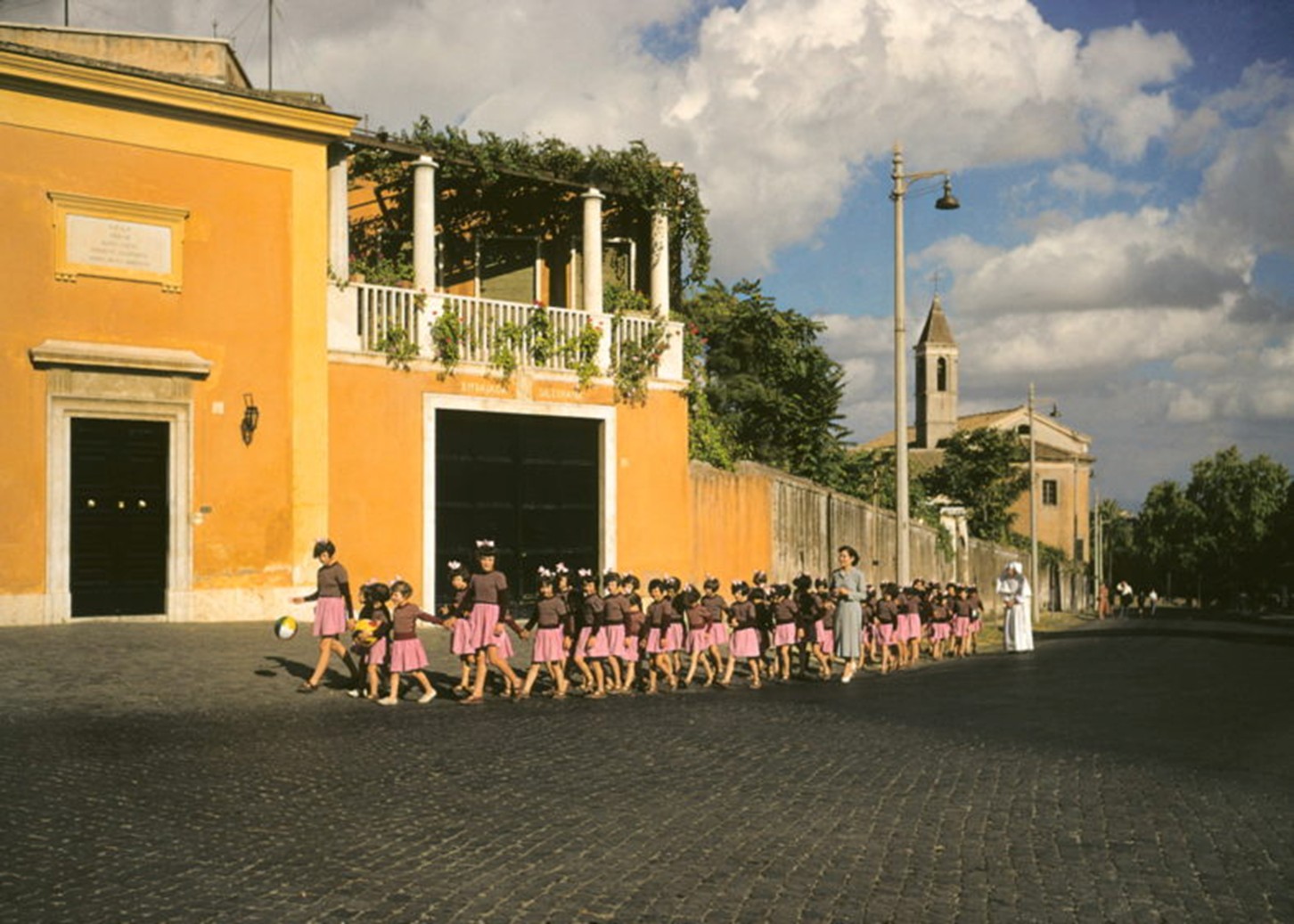
Martin Karplus (1930-2024)
Maurizio Brunori (a) and Michele Vendruscolo (b)
Martin Karplus, a luminary in the scientific world, passed away quietly in his home in Cambridge on the 28th of December 2024. Martin was best known for revealing the fundamental principles of molecular dynamics and computational biology. He was an outstanding and intelligent mentor for generations of researchers. His contributions to Chemistry and Biophysics were recognized with the 2013 Nobel Prize in Chemistry, shared with Michael Levitt and Arieh Warshel.
Martin was an inquiring mind and a thoughtful observer of the natural world, and dedicated his life to unveiling the laws of physical and biological phenomena. He was a man of essence, his approach being to ask central questions by formulating them in quantitative terms. Those who met him knew he was fearless and uncompromising in this endeavour.
Although his main way of exploring the natural world was through the scientific method, he also experimented in other ways, most notably through photography, trying to capture the relationship between people and their environments.
He was also pleased to talk about his passion for cooking, which he likely picked up from his mother. He used to spend sabbaticals experiencing in the kitchen of El Bulli, where he enjoyed learning from Ferran Adrià, widely considered the world’s most creative chef. During his sabbatical in Rome, Karplus became an expert in finding unique restaurants in the historic parts of the city. He often visited Rome for meetings on hemoglobin given his interest in this intriguing protein and his fundamental contributions to the MWC allosteric model. Martin was often invited for a conference at the Lincei Academy, which honoured him with the Feltrinelli International Prize in Chemistry in 2011.
Karplus fundamental contribution to science was based on the realization that the motion of atoms could be described using classical mechanics, almost as if they were billiard balls. Applying Newton’s equations to a realm dominated by quantum mechanics was a bold and visionary leap, and yet it worked beautifully, creating the foundations of the entirely new field of molecular dynamics. Martin was well aware that the approximations inherent in this approach limited its applications in many ways, something that he felt strongly and endeavoured to overcome throughout his life. With the advent of artificial intelligence, this line of thinking is now receiving new life, making it possible to obtain accurate predictions of molecular properties beyond what previously believed possible.
In conversations, Martin was keen to mention the role of serendipity in the events that shaped his career. He recognised that talent is not enough, and that breaking new ground is greatly facilitated by freely exchanging ideas with leading scientists. He received mentorship from many of them, including Linus Pauling, Robert Oppenheimer and Max Perutz. Martin strived to share his knowledge and intelligent insights with students at Harvard, with many collaborators and friends around the world, his primary goal being the communication of his excitement in making discoveries. Hundreds of researchers worldwide closely identify themselves as his students or collaborators, a testament to his legacy.
Martin was more than a Nobel laureate and scientific pioneer. His integrity, confidence, and mentorship transformed the lives of those fortunate enough to interact and work with him. His enduring passion for science will continue to influence future generations of scientists.

(a) Accademia Nazionale dei Lincei and Sapienza University of Rome, IT
(b) Department of Chemistry, University of Cambridge, UK

